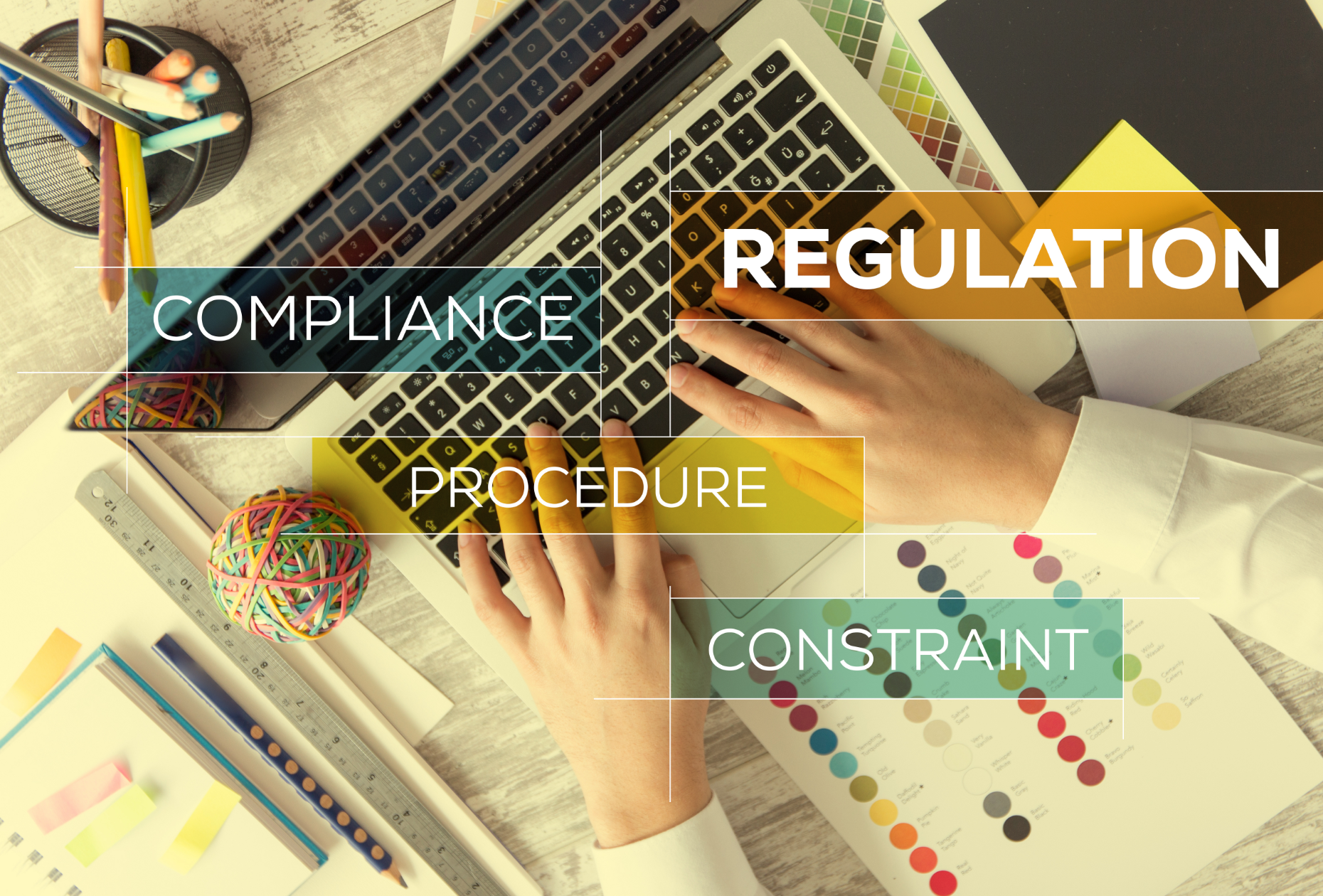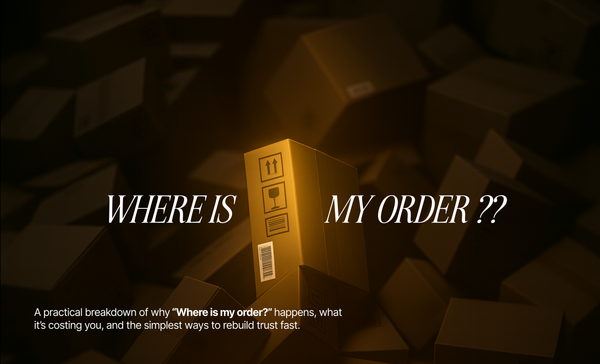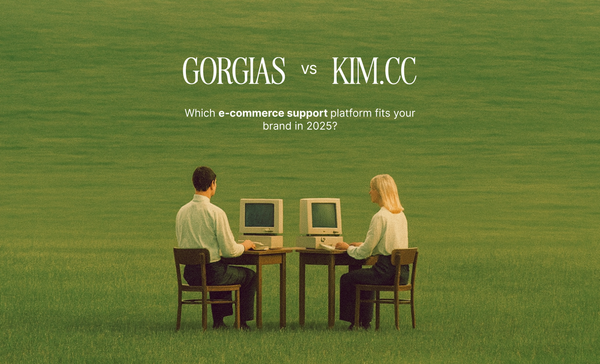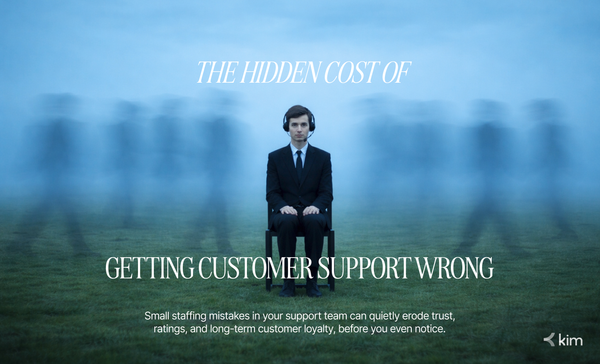The Ethics of CRM: Navigating Data Privacy & Customer Trust
Ethical CRM: Build trust & loyalty with secure data practices. Kim.cc helps you comply with CCPA & GDPR. Free 14-day trial!

Kim Here: In today's digital age, customer data is a goldmine for businesses. But with great power comes great responsibility. A recent study by Ponemon Institute revealed that the average cost of a data breach in 2023 soared to a record-breaking $4.35 million. This alarming statistic underscores the critical need for ethical data practices, especially within Customer Relationship Management (CRM) systems.
At Kim.cc, we believe that building trust with our customers is paramount. That's why we prioritize ethical data collection and usage within our CRM platform. But navigating the world of data privacy can be complex. So, let's delve into the common ethical dilemmas surrounding CRM and explore how Kim.cc helps businesses navigate these challenges.
Key Takeaways
- Common Ethical Dilemmas
- Data Privacy Regulations
- Building trust through Transparent Data Practices
- Security Measures: Protecting customer data from breaches
Common Ethical Dilemmas
- Data Collection: The line between collecting valuable information for personalized experiences and becoming intrusive can be blurry. Here's where the ethical dilemma arises. Businesses need to be clear about what data they collect, why they collect it, and obtain explicit consent from customers.
Kim's Perspective: Kim.cc empowers businesses to collect only the data necessary for effective customer interactions. We prioritize clear and concise data collection forms, ensuring customers understand what information they're sharing.
- Profiling: Analyzing customer data to create profiles for targeted marketing can be incredibly effective. However, using sensitive data for profiling, or creating profiles without customer knowledge, raises ethical concerns.
Kim's Take: Kim.cc promotes responsible profiling based on customer behavior and preferences. We provide tools for building segments based on consented data points, allowing for targeted communication without compromising privacy.
Data Privacy Regulations
The global landscape of data privacy is constantly evolving. Regulations like the California Consumer Privacy Act (CCPA) and the General Data Protection Regulation (GDPR) dictate how businesses collect, store, and utilize customer data. Ignoring these regulations can lead to hefty fines and damage your company's reputation.
- CCPA: This California law grants consumers the right to know what information a business collects about them, why it's collected, and with whom it's shared. Additionally, it allows consumers to request the deletion of their data and opt out of the sale of their personal information.
- GDPR: This EU regulation goes a step further by giving individuals more control over their data. It mandates clear communication about data collection, strong security measures, and the right to data portability.
The Importance of Compliance for U.S. Businesses
Even if your business isn't located in California or the EU, complying with these regulations is crucial. Many states are enacting similar data privacy laws, and failing to comply can result in hefty fines and reputational damage. Here's why:
- Compliance Costs: Non-compliance with data privacy regulations can result in significant fines. For instance, the GDPR allows for fines of up to €20 million or 4% of a company's global annual turnover, whichever is higher.
- Reputational Damage: A data breach or privacy violation can severely damage your company's reputation. Consumers are increasingly privacy-conscious, and a negative incident can lead to lost trust and brand loyalty.
- Competitive Disadvantage: Failing to comply with data privacy regulations can put your business at a disadvantage compared to competitors who are operating ethically.
- Restricted Market Access: Some data privacy regulations, like the GDPR, restrict the transfer of personal data to countries that don't have adequate data protection laws. This can limit your business's ability to operate in certain markets.
Kim's Solution: Kim.cc is designed to be compliant with major data privacy regulations. Our platform offers features like data access requests and data deletion tools, empowering customers to control their information as mandated by law.

Building trust through Transparent Data Practices
Transparency is the cornerstone of ethical data practices. Customers have the right to know what data is being collected about them, how it's being used, and with whom it's being shared. Building trust requires clear communication on these fronts.
- A Comprehensive Privacy Policy: Clearly outlining your data collection practices through a comprehensive privacy policy is essential. This policy should be easily accessible on your website and within your CRM system. The policy should explain, in plain language, what data you collect, why you collect it, and how you use it. It should also detail your data security measures and customer rights regarding their data.
- Opt-In Policies: Give your customers clear control over their data by offering granular opt-in options for communication and data sharing. This means they can choose what types of communication they want to receive from you (e.g., email newsletters, promotional offers) and what data they're comfortable sharing (e.g., purchase history, browsing behavior). Also, make it easy for you to update your preferences or opt out altogether at any time.
- Regular Updates: Keep your customers informed about any changes to your data practices through clear and concise communication. This could include updates to the privacy policy, new features that involve data collection, or any changes to how you use customer data. Always provide a clear explanation of the changes and any potential impact on their privacy.
Security Measures: Protecting customer data from breaches
Data breaches can have devastating consequences, both for your business and your customers. Taking robust security measures is an ethical imperative.
- Strong Password Policies: We enforce complex password requirements within our CRM system, making it significantly harder for hackers to crack login credentials. We also encourage employees to use unique passwords for different applications and to change them regularly.
- Advanced Encryption: We utilize industry-leading encryption protocols to safeguard your data both at rest and in transit. This means your data is scrambled into an unreadable format, making it virtually impossible for unauthorized individuals to access it even if intercepted.
- Granular Access Controls: Not all employees need access to all customer data. We implement granular access controls within the CRM, ensuring that users only have access to the information they need to perform their specific job duties. This minimizes the potential for accidental data exposure.
- Regular Security Audits: We understand that cyber threats are constantly evolving. To stay ahead of the curve, we conduct regular security audits of our CRM system. These audits identify potential vulnerabilities and allow us to implement necessary security patches and updates promptly.
- Kim's Commitment to Continuous Improvement: Data security is an ongoing process. We are committed to continuously improving our security measures by staying updated on the latest threats and implementing the most advanced security solutions available. We invest heavily in employee training programs to ensure our team is well-equipped to identify and address potential security risks.
Conclusion
Ethical data practices in CRM are not just about compliance; they're about fostering trust with your customers. By prioritizing transparency, respecting data privacy regulations, and implementing robust security measures, you can create a win-win situation. Here at Kim.cc, we empower businesses to navigate the ethical landscape of CRM, building stronger customer relationships and achieving long-term success.
Want to learn more about how Kim.cc can help your business manage customer data ethically and securely? Contact us today!



